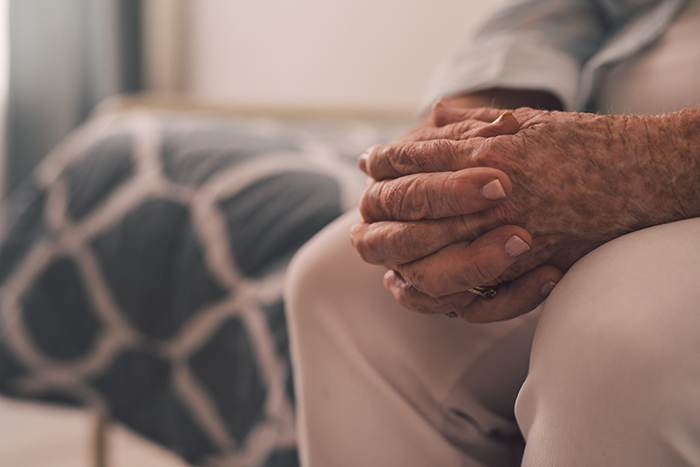Care homes medicine re-use scheme introduced
In Practice
Follow this topic
Bookmark
Record learning outcomes

New measures allowing care homes and hospices to introduce medicine re-use schemes have been introduced in light of fears Covid-19 could exacerbate supply chain pressures.
The standard operating procedure developed by the Department of Health and Social Care allows care homes to 're-use' a medicine prescribed for one patient with another patient, rather than always having to return unused medicines to a community pharmacy or external company.
If they choose to introduce the scheme, care homes must carry out a risk assessment for each medicine to be re-used, including making sure no other stocks of the medicine are available and that the benefits outweigh any potential risks.
PSNC said the use of such schemes €will hopefully be an extremely rare occurrence€ and that most community pharmacies were unlikely to encounter this.
€It is those that regularly supply medicines to care homes and hospices that are most likely to need to be aware of the operation of medicines re-use schemes.
€Those pharmacies may want to discuss with the managers of care homes and hospices they provide services to, whether a medicines re-use scheme is being planned.€
The guidance states that when supplies run out for a medicine that is urgently needed, an alternative should be supplied and dispensed where possible.
But where an alternative cannot be sourced, the pharmacy that supplies the care home can inquire whether the care home or hospice runs the scheme and whether they have unused supplies of the medicine.
The pharmacy must share a copy of the original prescription with the care home before the medicine can be re-used, and the supply of medicine must be done in accordance with that prescription.
According to PSNC, pharmacists or pharmacy technicians may choose to undertake checks on-site, but because this is not part of the NHS Community Pharmacy Contractual Framework they must ensure they have appropriate indemnity insurance.
